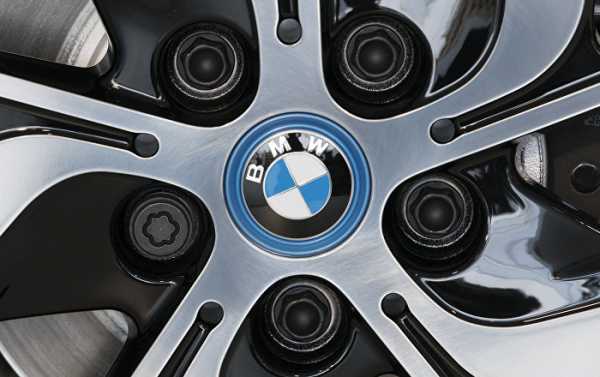
Earlier, a major British-German business association warned that Berlin could enter a full-blown recession later this year in the event of a no-deal Brexit, shedding up to one percent of its GDP.
Growth in Germany’s gross domestic product has fallen by 0.1 percent quarter-on-quarter to 0.4 percent, down from 0.9 percent in the first quarter of 2019, fresh Federal Statistics Office data cited by Reuters has shown.
Germany, the world’s largest export economy by current account balance, and Europe’s largest industrial power, has faced multiple economic setbacks in recent months, with the Federal Statistics Office now expecting the economy to grow by just 0.5 percent in 2019, down from 1.5 percent a year earlier.
On Tuesday, German Chancellor Angela Merkel indicated that Berlin was not planning on pumping stimulus into the economy despite industrial leaders’ requests, saying it was not necessary to do so “right now.”
Andrew Kenningham, chief Europe economist at Capital Economics, a London-based consultancy, said the GDP growth figures were a bad sign for Berlin. “The bottom line is that the German economy is teetering on the edge of recession,” he said.
Carsten Brzeski, chief Germany economist at financial analysis company ING, concurred, calling Wednesday’s figures a sign marking “the end of a golden decade for the Germany economy” following the end of the 2008-2009 recession, and evidence that the economy was entering a period of stagnation.
“Trade conflicts, global uncertainty and the struggling automotive sector have finally brought the German economy down on its knee,” Brzeski explained, emphasising that trade uncertainty likely played a key role in undermining confidence, “and hence economic activity.”
Separately on Wednesday, European Union statistics office Eurostat confirmed that the Eurozone’s GDP as a whole grew by 0.2 percent in the second quarter, down from 0.4 percent in the first quarter of 2019.
Last week, bond yields across the Eurozone continued their slide into the red amid the ongoing US-China trade spat, and growing concerns over the prospects of a no-deal Brexit come October, with Germany’s yield curve turning negative for the first time earlier this month.
Economic Woes and Brexit Fears
The British Chamber of Commerce in Germany, a British-German business association, recently warned that a no-deal Brexit would wreak havoc on the German economy and plunge the country into a full-fledged recession. The UK, the association explained, accounts for over 20 percent of all German exports, with lack of a deal to cost Berlin one percent of GDP, with 200,000 lost jobs split between the UK and Germany if Brexit negotiators are unable to reach a compromise.
Germany’s financial sector has also been affected by global downward trends. Last month, Deutsche Bank, the largest banking services group in the country, reported a €3.1 billion net loss in the second quarter, its largest lost in four years, and second largest since the 2008 financial crisis. The bank already faces problems over its risky lending practices and tax schemes, with the International Monetary Fund listing it as the single “most important net contributor to systemic risks” to the global financial system in 2016 amid fears that the institution could become the next Lehman Brothers, whose 2008 collapse sparked a global financial crisis and decade long global recession.
Germany’s falling growth has been complicated by pressure from its US allies. Last month, President Trump accused Berlin and the rest of the EU of “ripping off” the US on trade while enjoying protection from the US military. Germany, Trump said, was “the biggest offender,” since it “doesn’t want to pay” to increase defence spending to the NATO-wide goal of 2 percent of GDP.
Sourse: sputniknews.com






